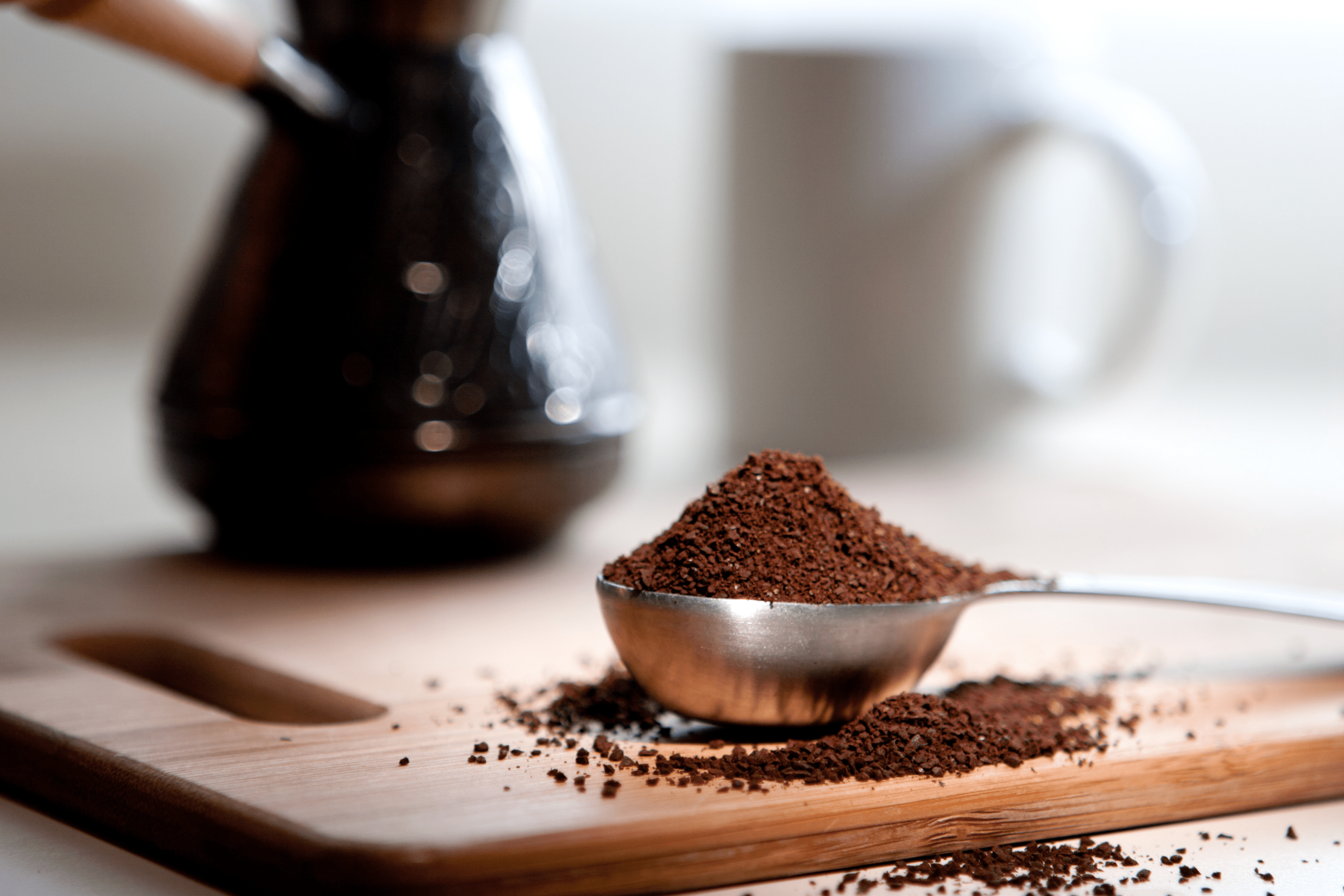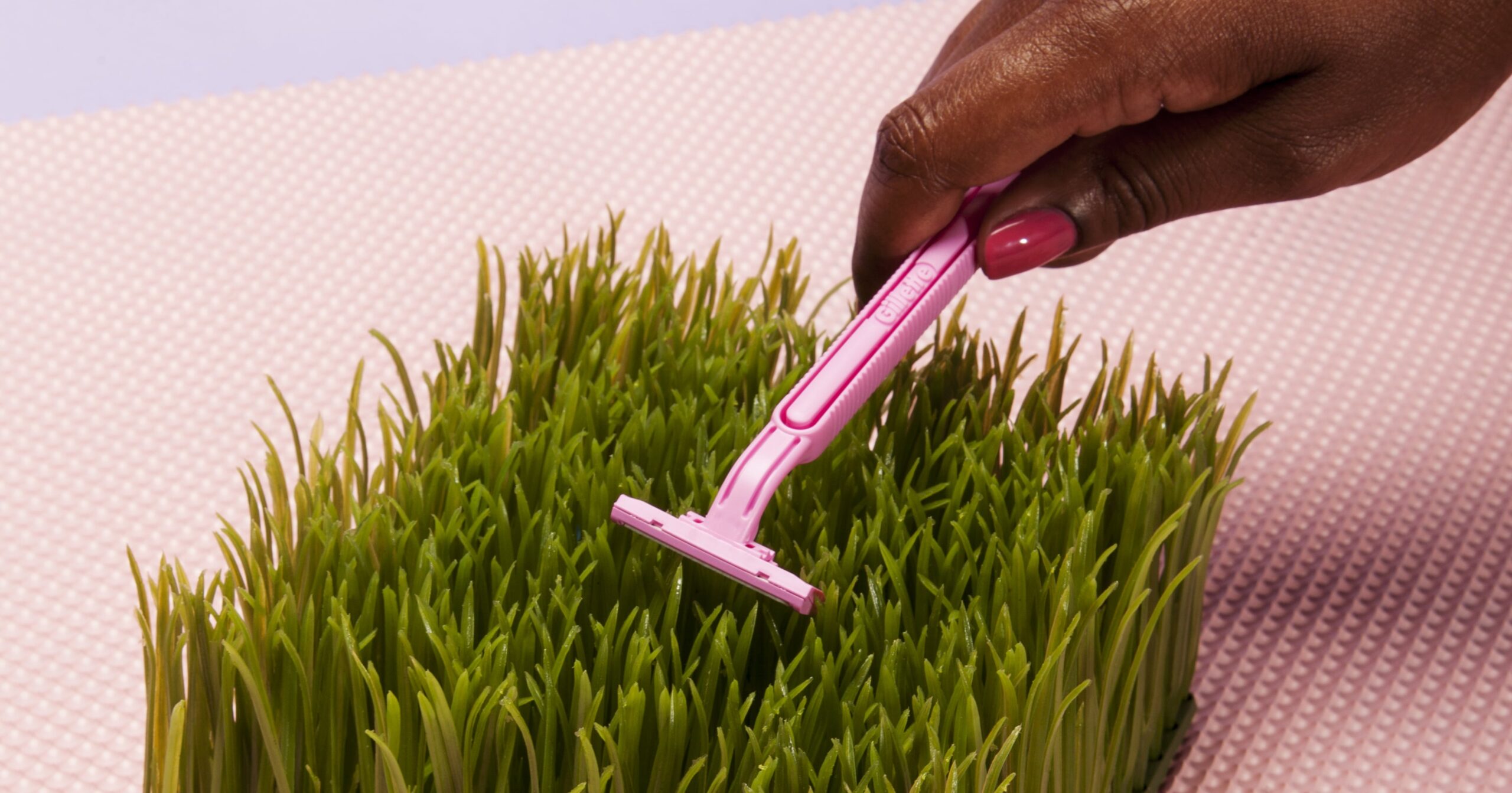
Here’s Why Plumbers Want You to Stop Putting Coffee Grounds Down the Sink
Key Takeaways
- Coffee grounds should not be disposed of in the sink.
- Wet coffee grounds can easily clog your drainpipes, leading to costly repairs.
- Alternative disposal methods include composting, pest control, and home cleaning.
To many, the aroma of freshly brewed coffee is one of the most enticing smells, especially in the early morning hours. After you finish the pot, you’re left with grounds that must be disposed of before you brew another batch. Perhaps you’ve heard rumors that pouring them down the sink can freshen the drain and allow the delicious coffee scent to linger a little longer. Some also claim that coffee grounds can help break down stuck food (particularly if you don’t have a garbage disposal) and keep pipes clean.
However, the truth is that disposing of coffee grounds down the drain can cause more harm than good to your pipes. So, if your morning routine includes pouring coffee grounds down the sink, you probably want to rethink it. With the help of a plumbing expert, we’re sharing how used grounds can damage your plumbing—and what you should do with them instead.
What Happens When You Pour Coffee Grounds Down the Sink
Paul Abrams, spokesman for Roto-Rooter Plumbing & Water Cleanup, strongly warns against pouring coffee grounds down sink drains. “In quantity, they can choke off a drainpipe and cause a backup in your sink,” Abrams says. This happens because coffee grounds tend to get clumpy and, therefore, create blockages. Abrams explains that the heavy grounds cling together and get stuck inside the U-shaped drainpipe under your sink, otherwise known as the P-trap.
“A great deal of water pressure is required to force a clump of coffee grounds beyond the P-trap, and coffee grounds do not dissolve in water,” he says. Instead, they mix with residual debris already in the pipes and begin to form a thick sludge. Over time, this buildup can lead to slow drainage or completely block the pipe, resulting in a call to a plumber for repairs.
Abrams acknowledges that occasionally spilling a spattering of coffee grounds into the sink—such as those left at the bottom of your mug or pot when you go to wash it—won’t cause much harm. The problem arises when you make it a habit. “If you repeatedly pour smaller quantities of coffee grounds into a kitchen drainpipe, daily for instance, they will get stuck in the organic buildup—food scraps, fat, soap scum, and grease—commonly found clinging to the pipe walls,” Abrams says. “That means coffee grounds can become building blocks for a more serious clog that may be gradually growing in your pipes.”
If you have a garbage disposal and think you’re in the clear since it’s strong enough to break ground down, think again. According to Abrams, they can actually get stuck between the moving parts, causing the garbage disposal to jam. “There is a common myth that coffee grounds and eggshells will sharpen a garbage disposal’s blades,” he says. “But, seeds, nut shells, eggshells, and glass fragments have the same negative effects on garbage disposals.”
Alternative Uses and Disposal Methods for Coffee Grounds
Now that you know not to put coffee grounds down your sink, consider alternative ways to use or get rid of them safely. Some methods will require you to dispose of them after the fact, but will at least allow you to repurpose the remnants of your morning cup of joe into a helpful home hack.
Use coffee grounds for composting: While their use as a fertilizer is up for debate, coffee grounds are an excellent addition to your compost. “Coffee grounds are high in nitrogen, so they can enrich a compost pile and soil when used in correct amounts,” Abrams says. Going this route will not only help to feed your compost, it also takes care of ground disposal.
Repurpose coffee grounds for pest control: Although they’re not the most potent bug repellent, coffee grounds may help to keep them at bay, so it’s worth a try. If you spot signs of ants or slugs in your yard, scatter grounds around to deter them. To keep mosquitoes from biting, add a small lit candle to a glass jar filled with dried grounds. Citronella scent is undeniably a more effective mosquito deterrent, but the grounds can work in a pinch, especially if you don’t have any citronella candles on hand.
Use coffee grounds for cleaning: Since they’re slightly abrasive, you can put coffee grounds to work by scrubbing things like stovetop grates, pots, and pans with them or even using them to buff scratches from wood surfaces. The same nitrogen that Abrams referred to can also act as a deodorizer, so after letting them dry, add them to a cup and place it in the fridge to help absorb funky odors. After you finish cleaning with coffee grounds, it’s perfectly fine to toss them (along with any other used grounds) in with your regular trash.










